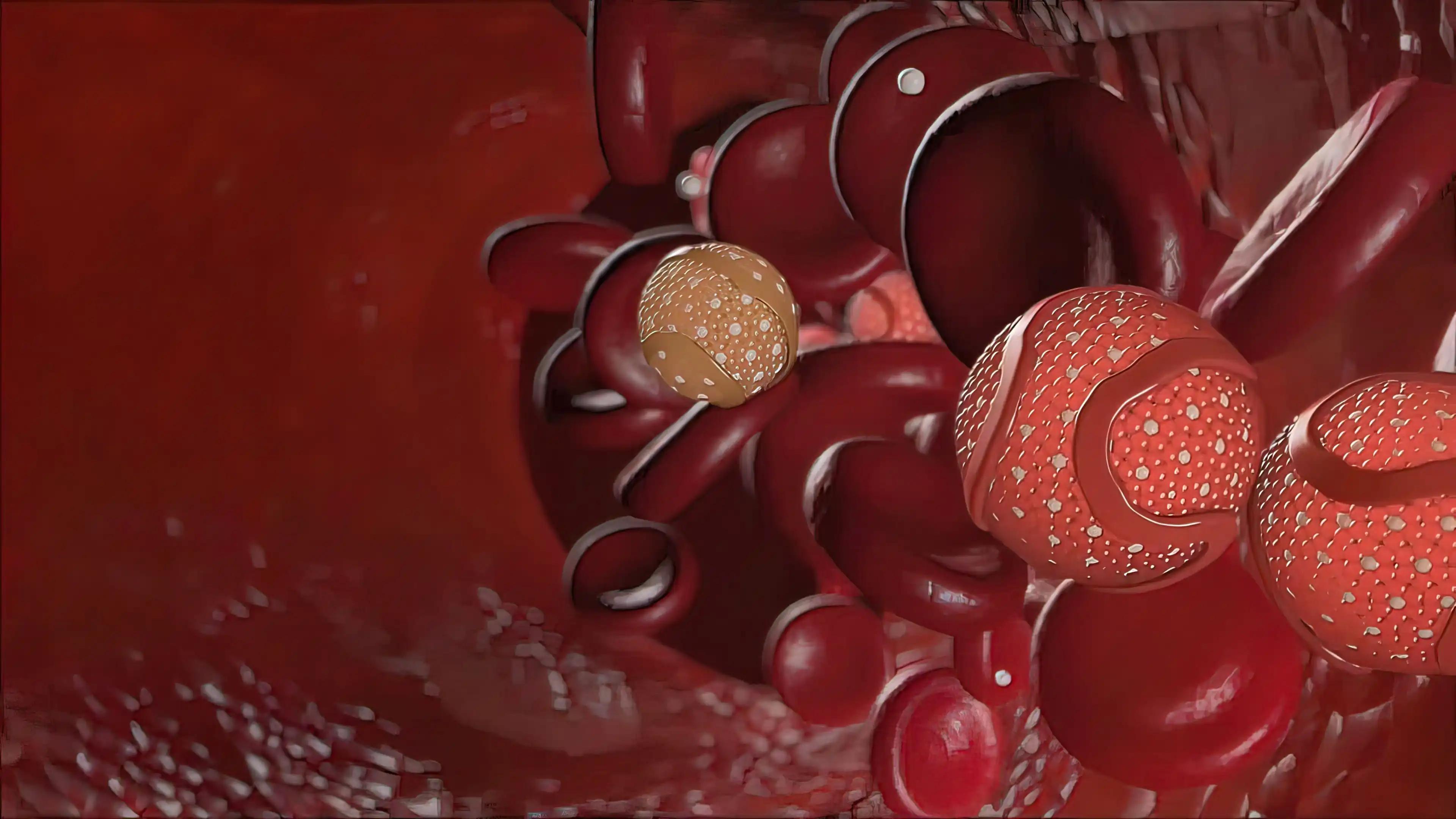KEY TAKEAWAYS
- The study aimed to examine the clinicopathological features, prognostic factors, and outcomes of elderly patients with LA-HLH.
- LA-HLH in elderly patients presents with diverse clinical features and poor outcomes, indicating a need for optimized treatment strategies.
Hemophagocytic lymphohistiocytosis (HLH) is a rare but serious condition characterised by an overactive immune response. Lymphoma is the most common underlying cause of HLH in adults. While LA-HLH in elderly patients is not uncommon, there is limited research on its specific characteristics and prognostic factors in this population.
Yi Miao and the team sought to analyze the clinicopathological characteristics, prognostic factors, and outcomes of LA-HLH in a multicenter cohort of elderly patients.
The study retrospectively analyzed data from a multicenter cohort of elderly patients diagnosed with LA-HLH. Researchers collected data on clinicopathological features and treatment information. They then analyzed the impact of baseline characteristics and treatments on survival outcomes.
They included 173 elderly patients with LA-HLH. Compared to younger patients, elderly patients exhibited distinct clinical and laboratory features. B-cell lymphoma was more prevalent in the elderly group (61.3% vs. 32.3%, P< 0.001), while T/NK-cell lymphoma was more common in younger patients (65.3% vs. 35.3%, P< 0.001). The median survival for elderly patients with LA-HLH was only 92 days.
The study identified several independent predictors of decreased overall survival (OS) and 60-day survival, including T/NK-cell subtype, lower platelet count (≤53 × 109/L), lower albumin level (≤32.1 g/L), higher LDH level (>1407 U/L), and higher creatinine level (>96.8 μmol/L).
Notably, prior HLH therapy or etoposide-containing HLH therapy did not show an association with improved OS. Based on these findings, researchers developed a prognostic index for predicting OS and 60-day survival in elderly patients with LA-HLH.
This multicenter analysis highlighted the heterogeneity in clinicopathological features and survival outcomes of LA-HLH in elderly patients, underscoring the need for optimized treatment approaches to improve outcomes in this population.
This work was supported by the Nature Science Foundation of Jiangsu Province (BK20210962), the Social Development Project of Jiangsu Province Science and Technology Plan (BE2023775), Jiangsu Province Capability Improvement Project through Science, Technology and Education (ZDXK202209), and Postgraduate Research & Practice Innovation Program of Jiangsu Province (JX10214021).
Source: https://pubmed.ncbi.nlm.nih.gov/39219182/
Miao Y, Zhang J, Lu X, et al. (2024). “Clinicopathological characteristics, prognostic factors, and outcomes of elderly patients with lymphoma-associated hemophagocytic lymphohistiocytosis: A multicenter analysis.” Cancer Med. 2024;13(16):e70178. doi:10.1002/cam4.70178



